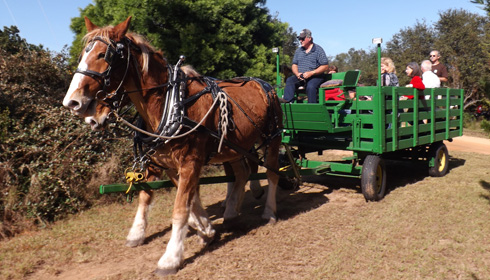Simply Living
The Florida scrub-jay is a rare bird.
Unlike most other avian species, this bold and beautiful
blue, grey and white-plumed bird is friendly to people — even though people are
responsible for the disappearing scrub-oak habitat it so desperately needs to
survive.
Because its habitat is so specific — dry, sandy upland with
minimal low-growing shrubs and scrub oak trees — the Florida scrub-jay is not
easy to find.
Outside Central Florida, you might not find it at all. The
Florida scrub-jay is endemic to fragmented segments of the mid-section of the
state, which means it is found there and nowhere else. It is the only endemic
bird in Florida and only one of 15 endemic bird species in the entire United
States.
Population estimates for this uncommon creature are in the range
of 4,000 to 6,000 adults but unfortunately, those numbers decrease annually.
Because of their declining status, Florida scrub-jays are listed as Vulnerable
by the International Union for Conservation of Nature and as Threatened under
the Endangered Species Act.
Living in South Lake County where several small
populations of Florida scrub-jays still exist, I have had the opportunity to
observe these rare birds on numerous occasions. Just the other day, I took one
of my favorite back roads home from Clermont specifically in the hope of stopping
to see and photograph some scrub-jays.
The route I took over Grassy Lake Road in Minneola is a
hilly, bumpy two lane through abandoned orange groves and rural homes set on
large acreage. It is land where at least one family of scrub-jays has lived for
several years. Another rare quality of the Florida scrub-jay is its strong
family ties. Considered "cooperative breeders," scrub-jay offspring
remain with their parents for at least a year to help raise the next brood and
to guard against predators by acting as sentinels from the top of scrub oaks.
At least for now, the birds that live along Grassy Lake Road
are safe. Despite bumps and curves, cars speed by, but the birds seem to have
adapted to the noise and fast-moving traffic. Most of the land where the birds
now dwell is slated for development. Thousands of homes and commercial
structures could be built where families of rare Florida scrub-jays now live.
Bruce and Cathy Brown, founders of the Florida Scrub-JayTrail in Clermont are trying to help. On Dec. 20-21 the Florida Scrub-Jay
Consortium , a not-for-profit corporation, is hosting its 3rd Annual Winterfair
to benefit the building fund for the development of the Florida Scrub-Jay
Treatment Center for injured songbirds and wildlife.
The family-fun event
includes horse-drawn wagon rides through the wilderness, kayaking,
paddleboarding and craft demonstrations.
There will also be wildlife shows, games, food, shopping
and a very special Friday evening concert by another rare bird — folk legend,
John Sebastian.
As excited as I am each time I see a Florida scrub-jay, I'm
equally thrilled at the opportunity to see John Sebastian perform in person.
Sebastian, founder of the group The Lovin' Spoonful, was inducted into the Rock and Roll Hall of Fame in
2000.
Some of his most memorable hits include "Do You Believe in
Magic?", "Did You Ever Have To Make Up Your Mind?" and (What a
day for a) "Daydream." In addition to singing, Sebastian also will
share stories of the early days of folk music and his performance at Woodstock. He'll explain how those
experiences affect his music.
Those of us who live in Central Florida are fortunate to
have the opportunity to observe Florida scrub-jays in the wild. However, with
opportunity comes responsibility. John Sebastian sings about 'believing in
magic,' but it takes more than magic to save a species. It takes commitment and
participation by the community at large as well as spreading the word with
others.
I've already bought my tickets to the Friday night concert
and hope you will too. If you come, please say hello. I'd love to see you
there.
For more information visit http://www.scrubjaytrail.org or
call 352-429-5566.

.JPG)

.JPG)
.JPG)

.JPG)

This comment has been removed by a blog administrator.
ReplyDelete